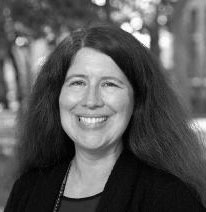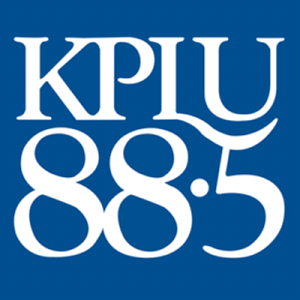
Dear Pacific Lutheran University Community,
Student Life educators often ask one another the question, “What keeps or wakes you up at night?” Often our responses focus on shared worries about students being safe, about students being well and about how well we are investing in their learning and success.
Together, we also worry about how students experience community and where they find a sense of belonging. We share concern about how the campus climate demonstrates care — or doesn’t show care — for every student and how they each experience the intersectionalities of their identities in the dynamics of our specific learning contexts.
We recognize the power of campus, community and national incidents to disrupt, to fragment and to interfere with the (sometimes) fragile sense of community and belonging that students — and that each of us — hold.
Since the U.S. presidential election in November, most nights I am awakened by my worry about how the incidents that occurred that night and in the time since, including on our campus, continue to ripple and to affect our ability to engage one another around the issues that matter most to our community — and, ultimately, to realize PLU’s mission of care.
In many ways, I am haunted by what occurred on our campus after the results of the election were announced. In the immediate moments, it seems that we stopped recognizing one another in our existing role relationships — as friends, classmates, peers, leaders, and community members — and instead replied from places of fear and anger. In the dynamics and emotions of that night, words were experienced as weapons.
We are still attempting to recover from that experience. As a university community, we are still working on developing and engaging the capacities necessary to invest in the relationships essential to learning and to the civil discourse needed for those relationships to be sustainable. The ripples of that night and of the days since are still with us.While many of us remember and continue to question how to hold that night in consciousness as one marker among the many to come, there is also the danger of forgetting as each day since seems to bring the potential of a new threat to community, sense of belonging and student success.
That said, I do hold hope about the capacity of the PLU community to respond. When some members of the PLU football team were identified as contributing to the hurt and impact that occurred in and from the gatherings and marches that took place on campus after the presidential election results were announced, they responded to the investigation of those incidents with ownership of responsibility, acknowledgement of impact and by participating fully in the implicit bias and leadership training that was shared with the entire team.
Likewise, the PLU community as a whole has actively participated in implicit bias training, opportunities for difficult dialogue and collaboration and coalition for necessary change. While an ongoing process, it’s this shared sense of accountability, of investment in learning and of coming alongside in shared purpose that will allow us to become the equitable, just and inclusive community that we aspire to be.
In his greeting to the National Association of Student Personnel Administrators (NASPA) earlier this month, NASPA President Kevin Kruger challenged members of the organization that this is the time to “double down on reinforcing higher education’s values of inclusion, diversity and human dignity for all members of our community.”
This is also the time to double down on those values and the related values of justice and sustainability (DJS) at PLU. If we hold these values not only in word but also in action, then we are compelled to respond by making a sense of community and a sense of belonging a priority for all students. It requires each of us student, staff and faculty member to consider critically the influence we hold in contributing to and detracting from that goal. It requires a willingness to struggle with the discomfort of our own learning, to hold one another accountable, to seek dialogue and understanding and to begin from a place of compassion.
With hope and gratitude,
Joanna Royce-Davis
Vice President for Student Life


















